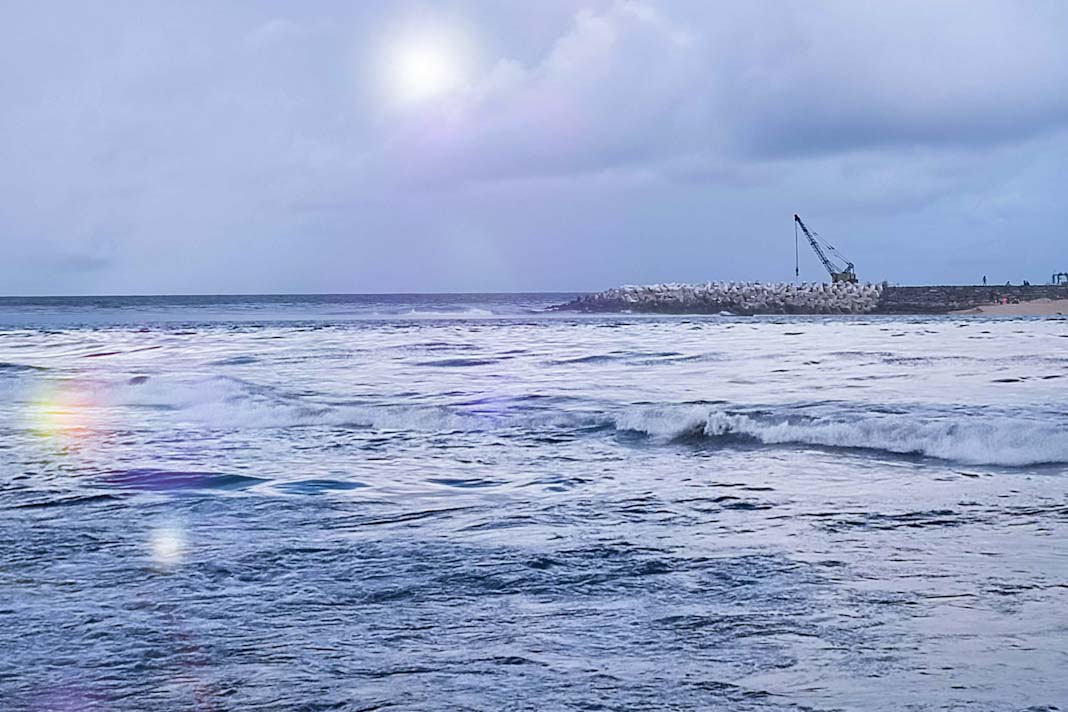- Kongsberg Maritime’s K-Sail service optimizes wind-assist technology by integrating it fully with a vessel’s systems.
- The service focuses on five areas: analysis, steering, propulsion, power management, and voyage optimization using AI.
- Terntank’s pilot project with K-Sail will launch five wind-assisted tankers starting in 2025.
- Fuel savings are expected to increase from an initial 9% estimate to about 15% through K-Sail’s integrated approach.
Kongsberg Maritime has introduced a new service called K-Sail, designed to assist vessel owners in selecting and integrating wind-assist technology more effectively. Wind-assist technology has become increasingly popular in recent years as ship owners look for ways to lower fuel use and emissions. Henrik Alpo Sjöblom, Vice President of Business Concepts at Kongsberg Maritime and the lead behind K-Sail, explained that while ship owners can choose from several types of wind-assist technologies, these solutions have so far been treated mainly as add-ons, whether in new builds or retrofits. He believes that these technologies could be applied more efficiently than they currently are.
K-Sail Service Focuses on Integrated Wind-Assist Technology
Kongsberg Maritime’s strength in maritime technology integration forms the foundation of the K-Sail service, which breaks down optimization into five key areas. First, it analyzes the vessel’s operational parameters to select the right sail technology. Then, it optimizes the steering system to handle the additional thrust from the sails. Propulsion is also fine-tuned to ensure the propeller works efficiently alongside the wind power. Power management balances the energy generated by the sails with the ship’s overall power needs. Finally, voyage optimization uses AI and real-time data to plan the most efficient routes and speeds.
Terntank, a customer of Kongsberg Maritime, has collaborated on a pilot project with the K-Sail team. The first of five wind-assisted tankers ordered by Terntank is set to launch in 2025, providing a practical reference for the K-Sail service. Sjöblom noted that fuel savings are expected to improve from an initial estimate of 9% to around 15% thanks to the integrated approach offered by K-Sail.
Did you subscribe to our Daily newsletter?
It’s Free! Click here to Subscribe!
Source: Kongsberg Maritime
















